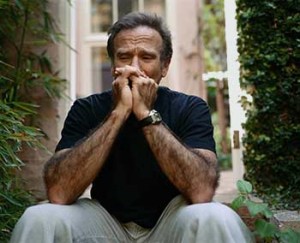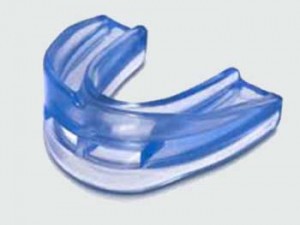 About 18 million Americans, two thirds of them women, suffer from depression, and most don’t seek help. That’s I largely because people who are depressed often think they can, and should, handle personal problems on their own. “Many are convinced it’s just a matter of toughing it out,” says Donald Klein, M.D., a professor of psychiatry at Columbia University College of Physicians & Surgeons in New York City. “Others believe nothing will help,” says Ellen Leibenluft, M.D., a mood-disorders researcher at the National Institute of Mental Health (NIMH) in Bethesda, MD. “That’s one of the symptoms of this illness.”
About 18 million Americans, two thirds of them women, suffer from depression, and most don’t seek help. That’s I largely because people who are depressed often think they can, and should, handle personal problems on their own. “Many are convinced it’s just a matter of toughing it out,” says Donald Klein, M.D., a professor of psychiatry at Columbia University College of Physicians & Surgeons in New York City. “Others believe nothing will help,” says Ellen Leibenluft, M.D., a mood-disorders researcher at the National Institute of Mental Health (NIMH) in Bethesda, MD. “That’s one of the symptoms of this illness.”
But depression is treatable: Up to 80 percent of patients who seek help–through talk therapy or prescription drugs-get relief. These days, more people are turning to antidepressant medications, partly because increasingly cost-conscious health insurers often prefer to pay for drugs than for many years of psychotherapy. Another reason is that the newest generation of antidepressants-including fluoxetine (Prozac), paroxetine (Paxil), and sertraline (Zoloft)-are believed to be safer and have fewer side effects than the older medications, so doctors are usually more comfortable prescribing them. (These drugs are also being used to treat disorders other than depression, including PMS, anorexia, and bulimia.)
Some psychologists (who, it should be noted, cannot prescribe drugs) have criticized the increasingly widespread use of medication to treat depression, arguing that talk therapy works just as well. Although psychiatrists agree that mild cases are best treated with talk …








